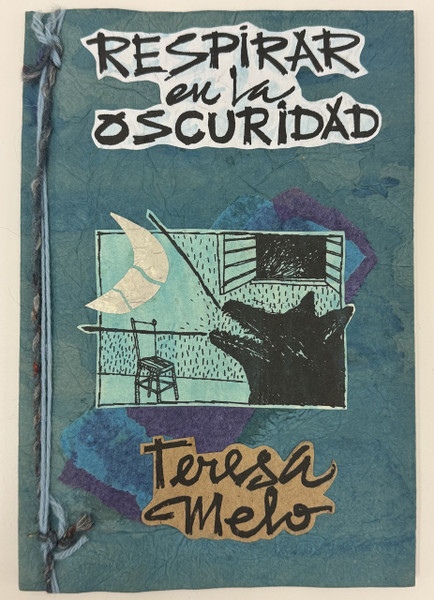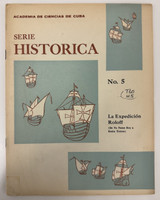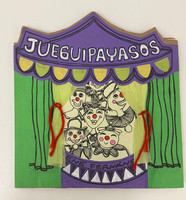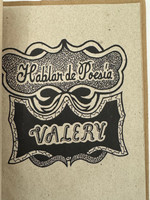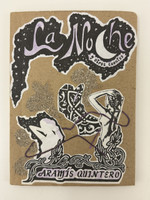- Travel
-
Exhibits
- José Fuster
- La Portada Cubana
- Immortal Cuba: Artists Take on Their Heroes
- Seattle Poster Exhibit
- Sandra Dooley & Alejandrina Cué
- The Art of Wayacón
- Cuban Folk Art
- Cuba In Black And White
- 25 Years of Cuban Art Space
- Summer Folk Art Expo
- ¡SPRING AWAKENING FROM CUBA!
- Celebrating The Art Of Cuban Women
- Celebrating Paper, Affordable Art from Cuba
- Art of the Revolution
- Outsider Art
- Lost and Found
- En la lucha: Celebrating Cuban Women and Their Art
- Cuban Art Stash
- 100 Fires: 5 Cienfuegos Artists' Work on Paper
- Waya + Monte! Magic Realism in Cienfuegos
- Viva Cuba Viva! Poster Show
- Cultivando Sueños
- Black Lives Matter in Cuba Jan 9-March 27
- Leandro Soto: Crónicas visuales
- Cuban Canvas
-
Archive
- Global Reflection 2018: Spirit and Community
- Exhibit in the cloud: Contemporary Works on Paper
- MADE IN CUBA! MINNEAPOLIS EXHIBIT
- Cuban Posters and Photography from CCS collection
- AUTUMN SALE! Sept/Oct 2017
- SPRING ARTS AND CRAFT SALE
- Vuelo Directo/Non Stop: Alberto & Alejandro Lescay
- The Many Faces of Fidel
- Somos
- Made in Cuba!
- The US empire in Cuban graphics
- Made in Cuba/Seattle exhibit
- Entre Nos
- Looking Back
- Cuban Art Space
- Membership/Donate
- About Us
- Cuba News
-
Rolando Estévez's cover design for "Respirar en la Oscuridad" exemplifies the distinctive handmade aesthetic of Ediciones Vigía, Cuba's legendary artisanal press. The cover features a textured teal paper with hand-drawn illustrations in black ink depicting a nocturnal scene—a window frame containing a dark silhouetted wolf or dog figure, a glowing moon rendered in pale yellow, and domestic objects including a floor lamp and a simple chair. Abstract blue and purple watercolor clouds float behind the framed illustration, creating atmospheric depth. The title is hand-lettered in bold, expressive strokes with white outline, while the author's name appears in warm ochre script at the bottom. The book is bound with natural fiber string threaded through the spine, emphasizing its handcrafted nature.
Throughout the book, Estévez employs expressive hand-lettered calligraphy on kraft recycled paper, with each page framed by rough black ink borders that vary slightly, revealing the human hand behind every mark. The interior title page features a small vignette of a window with radiating light and a solitary chair, establishing the book's themes of solitude, contemplation, and breathing in darkness. The colophon explains that this edition was "manufacturados e iluminados a mano" (manufactured and illuminated by hand) by Ediciones Vigía in their Colección del Estero series, using recycled and industrial papers of diverse colors, textures, and weights.
Founded in 1985 in Matanzas, Cuba, Ediciones Vigía emerged during the economic hardships of the Special Period as a revolutionary approach to publishing that transformed scarcity into artistic virtue. Unable to access conventional printing materials due to the U.S. embargo and economic crisis, the press developed a unique model: creating small print runs (typically 200 copies) of handmade books, with each copy individually crafted by a collective team. For "Respirar en la Oscuridad," the production team included Estela Ación, Ibis Arias, Iosmey Barbier, Ana María Coto, Álida Fernández, José R. Guevara, Leticia Hernández, Lissette Martínez, Gladys Mederos, Agustina Ponce, Maricel Ruiz, Laura Ruiz, and Abilia Tellería—working collaboratively in the Taller Editorial at Magdalena #1, Plaza de la Vigía. This collective process transforms book-making into a communal art form, where Teresa Melo's poetry about breathing in darkness becomes a material meditation on survival, creativity, and resilience under constraint.
-
-
Discover More at the Center for Cuban Studies

